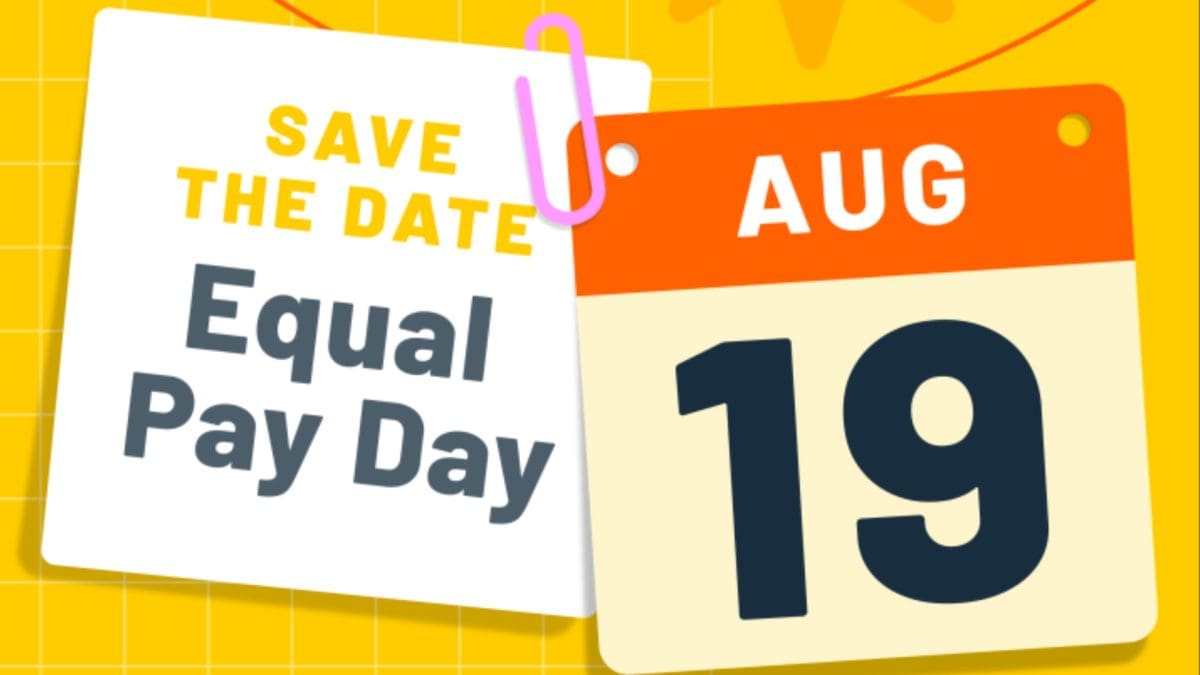From Awareness to Action: Driving Change on Equal Pay Day

From Awareness to Action: Driving Change on Equal Pay Day
Despite all the work happening behind the scenes regarding gender equity, Australia continues to face a persistent challenge: the gender pay gap. As the tech and digital sectors continue to innovate and grow, women are still not paid equally for their expertise and contributions.
WGEA has announced the date for this year’s Equal Pay Day as 19 August, marking the 50 days into the new financial year that Australian women must work to earn the same, on average, as men did last year.
This year’s theme is “it doesn’t add up.”
What causes the gender pay gap?
The disparity in average earnings between women and men is shaped by a complex web of social and economic factors that diminish women’s earning potential throughout their careers.
Key contributing factors include:
- Conscious and Unconscious Bias: Discrimination in hiring and pay decisions, both overt and subtle, continues to disadvantage women.
- Industry Segregation: Women and men often work in different industries and roles, with female-dominated sectors typically offering lower wages.
- Workplace Inflexibility: The lack of flexible work arrangements, particularly in senior positions, hampers women’s ability to balance work and caregiving responsibilities.
- Part-Time Employment: Women are more likely to work part-time, which affects their overall earnings and career advancement.
- Career Interruptions: Women’s career progression and opportunities are often stalled due to taking time out of the workforce for caregiving duties.
- Unpaid Labor: Women shoulder a disproportionate share of unpaid domestic and caregiving work, further impacting their earning capacity.
“The gender pay gap is fueled by a mix of unconscious biases, industry norms, and societal expectations. To close this gap, we need leaders with courage, innovative solutions, and a collective push for change from everyone—individuals, companies, and communities alike.” – Alex Hanlon, Negotiation Navigator
How can you start driving change today?
1. Educate and Advocate
Stay Informed: Continuously educate yourself about the gender pay gap, its causes, and its impact. Understanding the nuances of the issue is crucial for effective advocacy.
Raise Awareness: Use your voice to spread awareness about the importance of gender equity. Share relevant articles, statistics, and personal stories on social media, in your workplace, and within your community.
Engage in Conversations: Start and participate in discussions about gender equity in the workplace. Encourage others to join the conversation and understand the importance of closing the gender pay gap.
2. Support Policy and Organisational Changes
Advocate for Transparency: Push for salary transparency in your workplace. Encourage your employer to conduct regular pay audits and openly share the results.
Support Legislation: Back policies and laws aimed at closing the gender pay gap. This can include supporting local, state, and national legislation that promotes gender equity.
Encourage Best Practices: Promote and support workplace policies that help reduce the pay gap, such as flexible working arrangements, parental leave, and career development opportunities for women.
3. Take Personal Action
Negotiate Your Salary: Be proactive in negotiating your salary and benefits. Research industry standards and come prepared with data to support your request.
Mentor and Sponsor: Mentor and sponsor other women in your industry. Share your knowledge, provide guidance, and help them navigate their career paths.
Continue Professional Development: Invest in your own professional development. Attend workshops, pursue further education, and seek out opportunities to enhance your skills and advance your career.
If you don’t ask, you won’t get
Alex Hanlon from Fairpay Negotiations is presenting at our upcoming ‘How To Negotiate A Pay Rise’ webinar and has a series of blog articles to help you deal with common pushbacks that arise in pay negotiations. Check them out here:
- There’s no budget for that!
- Supercharge your push-back responses with a single move
- Confidence. How to have more of it.
“Negotiating your salary isn’t just about seeking more money; it’s about understanding your value and standing up for what you deserve. Arm yourself with information, be confident in your achievements, and don’t hesitate to have that essential conversation.” – Alex Hanlon, Negotiation Navigator
3 ways employers can take action to end the gender pay gap
Gender Pay Gap Analysis Guide
The WGEA Gender Pay Gap Analysis Guide helps employers to plan and execute a pay and composition analysis in order to identify the drivers of their gender pay gap.
WGEA Action Planning Tool
The Action Planning Tool helps employers who report to WGEA identify actions they can take to improve gender equality in their workplace.
Capacity Building Live Masterclasses
WGEA has a series of live masterclasses and learning events to help employers deepen their understanding of workplace gender equality and take effective action to narrow their gender pay gap.
What next?
As we mark Equal Pay Day in 2024, it’s clear that achieving pay equity in the tech and digital sectors is both a pressing need and a significant opportunity for growth. By understanding the unique challenges in our industry and taking proactive steps—whether it’s advocating for transparency, supporting policy changes, or negotiating confidently—we can all play a pivotal role in driving meaningful change.
Let’s encourage our collective power to bridge the pay gap and ensure that every contribution is recognised and rewarded fairly. Together, we can turn the promise of gender equity into a reality, setting a new standard for fairness and excellence in Australia’s tech and digital landscape.
Join us at our upcoming ‘How To Negotiate A Pay Rise’ webinar
To help recognise Equal Pay Day, and to help you gain invaluable knowledge and strategies to confidently navigate the negotiation process and advocate for your worth, Alex Hanlon from Fair Pay Negotiations will be helping us master negotiation strategies for a successful outcome. Alex is a seasoned executive who brings in depth experience of complex problem solving, strategy development, crisis management and recovery.

